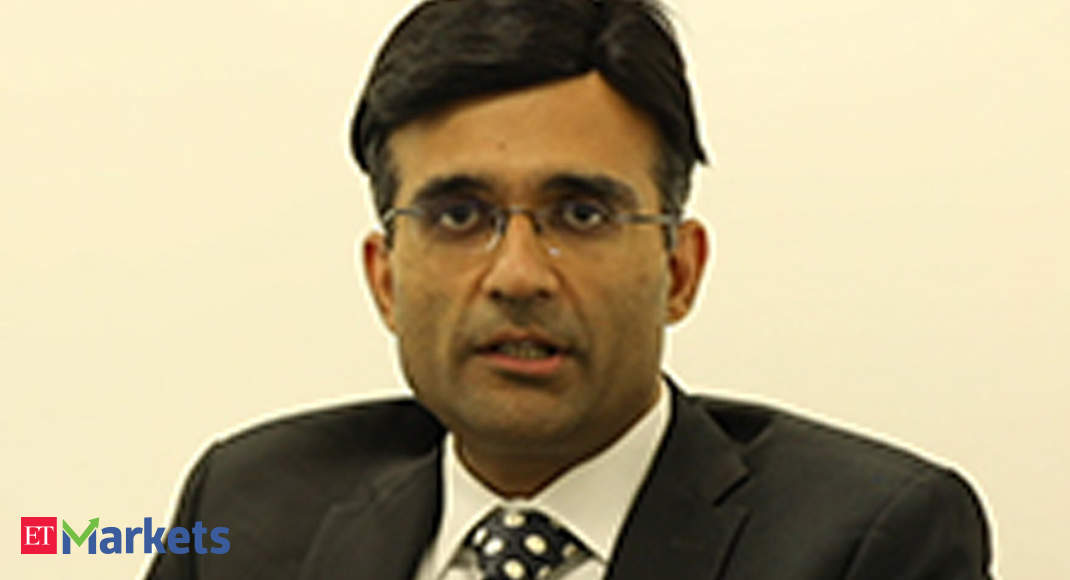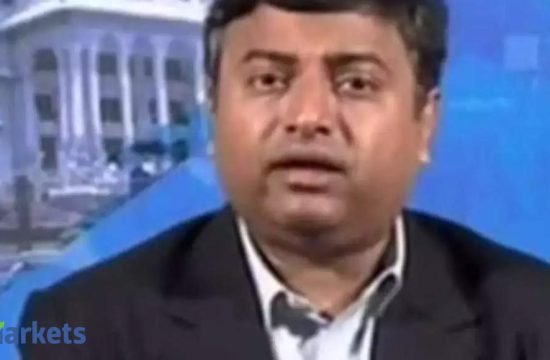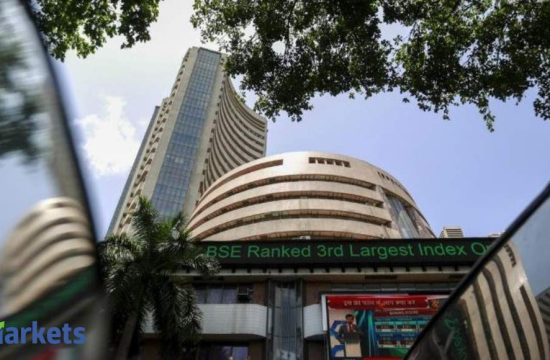
You have to look at companies benefiting vis-Ã -vis competition which is the only sustainability of this share price or fundamentals momentum, says Portfolio Manager, Marcellus Investment Managers.
Is your portfolio smiling and mirroring what is happening right now in the market and to what extent if that is actually happening?
The portfolios are doing well. We have both got the largecap as well as the smallcap portfolio doing well and some of the sectors that you highlighted are leading from front. But in general, what we are realising across our portfolio is the recovery of day to day essentials. The sectors have been a little faster than what probably the market was expecting and hence there is a positive reaction there.
In addition, in several sectors in the quarter ending June, you can see significant signs of market share gains. Benefits emerging out of the Covid crisis rather than just the pain and those are the reasons why in some cases, especially the stocks in our portfolio, we believe a justified rally happened here.
You also have select pharma chemical names or indirect beneficiaries of chemicals in pharma across your portfolios. What do you make of this almost a FOMO kind of rally playing out in pharma and chemicals?
Sectoral trends necessarily do not remain sustainable for every stock within the sector. So, whilst there is a sectoral trend out there for the entire pharma sector, you still have to be a little stock specific when you pick and choose companies so as you rightly said we do have exposure to some of them so Divi’s and Abbott India are in our large cap portfolio and we have stocks like say GMM Pfaudler or Alkyl Amines which are manufacturing products that go into the pharma industry as inputs.
These four, five, six names that we have exposure to directly or indirectly, are doing well but it is not entirely a sectoral theme here. You have to look at companies benefiting vis-Ã -vis competition which is the only sustainability of this share price momentum or fundamentals momentum. That is where, the smaller companies, the likes of say a GMM Pfaudler or some of the other chemical companies, go into the pharma sector as inputs. There is a massive market share gain that we have already started seeing over the last two-three months.
Could defence become a very large opportunity for companies in India which up till now were not able to scale themselves up upto global standards in defence hardware?
Let me put a generic statement first before I answer in specific. Any sectoral theme when connected with company specific fundamentals, needs to go through the sort of pricing power of the company or the ability of the company to benefit out of the sectoral theme. If that connection is not there, then there are various sectors which might benefit out of government’s announcements.
Over the last couple of decades,there have been several sectors which have done exceptionally well at an opportunity size level in terms of catering to customer’s demand. Customers’ demand has been increasing and the sector has been growing as a result. However, that does not necessarily mean that companies or even leaders within these sectors will have an equally positive benefit out of such an opportunity getting created at a sectoral level because when it comes to a company specific fundamental situation, quite often industry leaders do not have enough pricing power and competitive advantages to help grow their earnings in line with the growth opportunity out there. That connection has to be established by doing your own research.
We see very few, if at all, opportunities out there in the sense that companies have not historically done much but the industry opportunity changes for the future and that changes the prospects of the firm itself. That is less commonly found. What is more commonly found is what has happened to the aviation sector or the telecom sector.
Over the last couple of decades, the opportunity size does deliver on expectations in terms of growth, etc., but even leading companies do not deliver their earnings compounding in line with that and hence when we build our portfolios, we rely on companies which without any sectoral theme were doing well. Once the sectoral theme emerges, they also have the prospects of doing well within a growing opportunity and hence benefit more rather than turn around companies which historically did not have much to deliver upon.
What kind of discussions are you having with your clients across the country? Is there willingness to top up positions? Also what kind of first time investors are you interacting with?
People are a little surprised and I would say even we are surprised by the pace of recovery in some of the benchmark indices that has happened over the last say two, three months. Many of our clients as a result are feeling the FOMO effect, the fear of missing out effect. Some of them were waiting for even lower entry points on the broader market to enter and hence there is a bit of a hesitation. But at the same time, over the last few years, we have been trying to help our investors understand what eventually works in the stock market over the longer term in the sense that companies which create resilient business franchises are unaffected or less affected by even black swan events like the one that we are seeing around us over the last few months.
They actually try to benefit out of these companies, they benefit out of such disruptions, such crises. Provided with a portfolio around these companies, it becomes a little easy to tide through this sort of volatility by holding on to these companies through thick and thin. That sort of an education is helping many of our clients get over the psychological aspect of investing which comes in when you see weekly or monthly news flow evolve or share prices go up or down for the broader indices.
How are the valuations looking in your large cap and Little Champs portfolios?
In the Little Champs portfolio, which is owning small cap stocks with valuations on a PE multiple basis, they are somewhere in the mid 20s. They are not as high as they are in the large cap portfolio. In the large cap portfolio, our average PE multiples would be north of 40 times but having said ,that the more important bit which we have always been talking about on valuation front is that the simple approach of PE multiples does not factor in the longevity of earnings compounding that a firm might be capable of delivering into the future.
Once you build longevity into valuation, then even a 20 times PE multiple is very expensive and you should not get into it. It can also be the case that 50-60 times PE multiples are extremely cheap because the fair value is much higher. That is the demarcation that we believe one ought to have when you look at high quality large cap stocks and hence our understanding is that even at current valuations, our large cap portfolio, we are buying companies at deeply discounted valuations compared to their intrinsic values.









